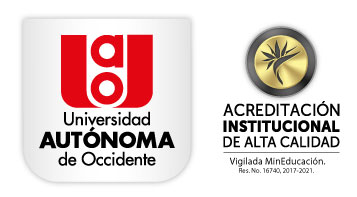MODELO DE BUSQUEDA: UN EJERCICIO DE ESTATICA COMPARATIVA 1980 - 2000
Abstract
From a supply approach the article in question tackles both theoretically and empirically the determinants of the probability of unemployment for the seven major metropolitan areas for the year 2000. In order to quantify such determinants the models of binary selection are predicted postulating that the intercept of the microeconometric models are of a macro nature. Using the Discrete Sequential Search Model, it is considered that the decision to employ, from a microeconomic viewpoint is determined by personal characteristics of an individual such as education, experience, gender, role in ones household and additional income from outside of work. The estimates of the microeconometrric model indicate that the variables in question are significant with regards the calculation of an individuals probability of being unemployed in the seven cities analysed within the aforementioned period.
Downloads

This work is licensed under a Creative Commons Attribution-NonCommercial-NoDerivatives 4.0 International License.
Al enviar los artículos para evaluación, los autores aceptan que transfieren a la Revista de Economía y Administración derechos para su publicación en cualquier formato o medio. Para aumentar su visibilidad, los autores autorizan el envío de los documentos a bases de datos y sistemas de indización, o para ser consultados de manera gratuita y electrónica en https://revistas.uao.edu.co/ojs/index.php/REYA, así como en las bases de datos donde la Revista se encuentra registrada. A su vez, los autores serán responsables del contenido de los artículos; por lo tanto, no comprometen los principios o políticas de la Universidad Autónoma de Occidente, ni de la Revista de Economía y Administración y los miembros de sus comités.

